I recently came across a video on X where a middle-aged Saudi woman shared her thoughts on how men address women in professional settings. The video highlighted a cultural nuance that many Saudi women find uncomfortable: being referred to as “Khala” (aunt, on the maternal side) by men in service roles. While the term is meant to show respect, it often comes across as intrusive and judgmental.
The woman argued that being addressed as “Khala” is inappropriate, as it implies familiarity and an assumption about her age. Traditionally, the term is reserved for close acquaintances or family, not strangers in a professional context. To many women, it feels not only presumptuous but also dismissive, particularly when used in public or work settings.
Why "Khala" Feels Inappropriate
In practice, "Khala" is often directed at women perceived to be over 45, while younger women are called "Ukhti"(sister). This divide has become a running joke among Saudi women, with many noting that the first time they are called “Khala” is an unofficial confirmation of appearing older, whether accurate or not.
A friend of mine summed it up succinctly: “On what basis does he assume I’m his Khala?” This frustration reflects a broader sentiment among Saudi women who prefer more neutral and professional terms in public interactions.
The Impact of Saudization on Professional Etiquette
Interestingly, this linguistic informality seems to have emerged more prominently since the implementation of Saudization, a policy aimed at increasing Saudi employment in service industries. Before this shift, foreign workers—mostly Egyptians and Lebanese—commonly used “madam”, a term that is both neutral and professional.
In contrast, many Saudi male service workers now use “Khala”, reflecting a lack of professional training in customer service. Female service staff have also adopted overly familiar terms like “sweetheart,” “darling,” or “lovely.” While these expressions might sound endearing in Western contexts, they often feel overly intrusive or patronizing in Saudi culture.
A Call for Professionalism
The woman in the video argued that while Saudi women have gained many rights in recent years, aspects of social etiquette still lag behind. She urged Saudi men—and, by extension, all service workers—to adopt a more professional approach in their interactions with women.
This issue goes beyond personal preference; it touches on the broader topic of respect in public and professional spaces. As Saudi society continues to modernize, small but meaningful changes in social etiquette can help create a more respectful and inclusive environment for all.
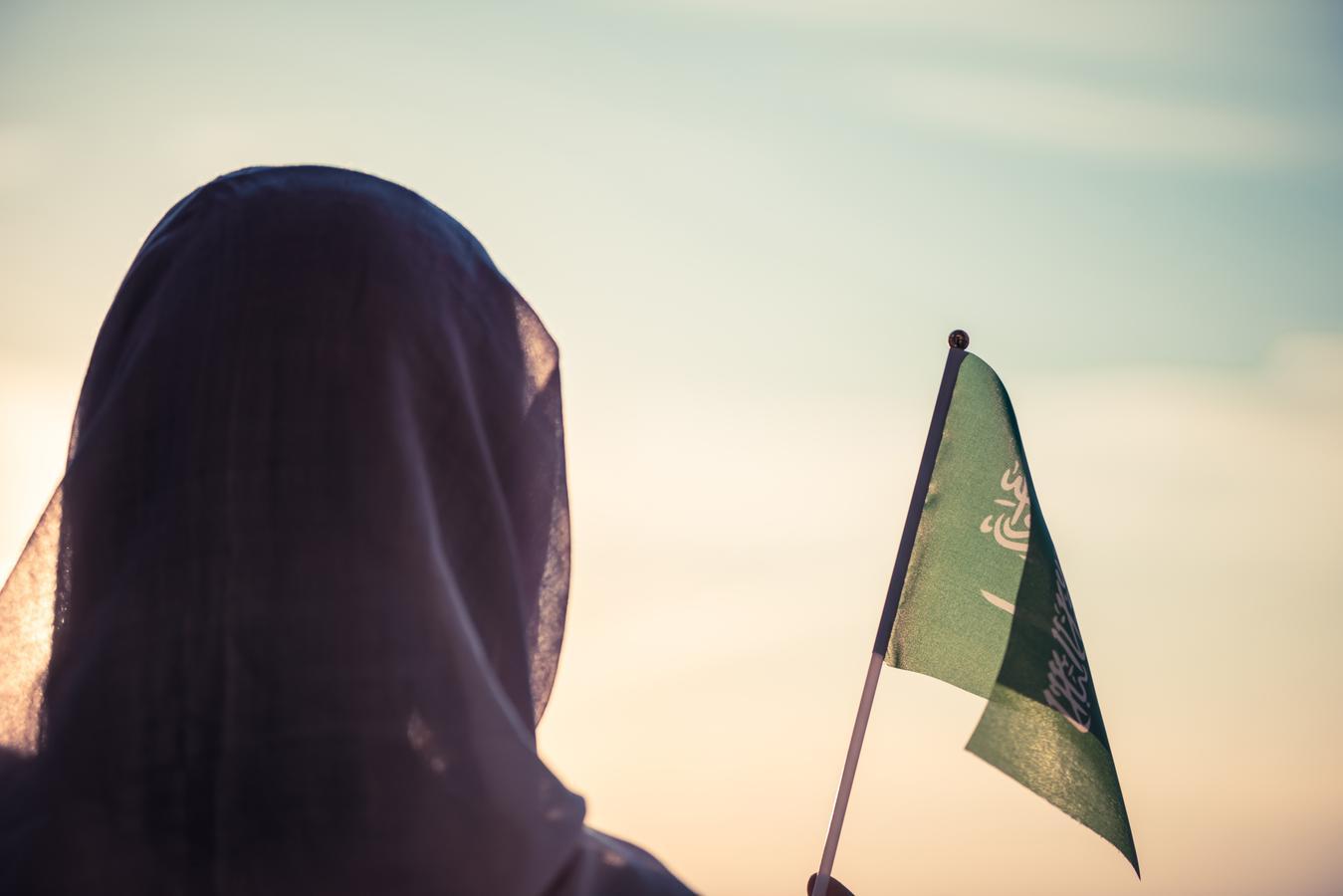
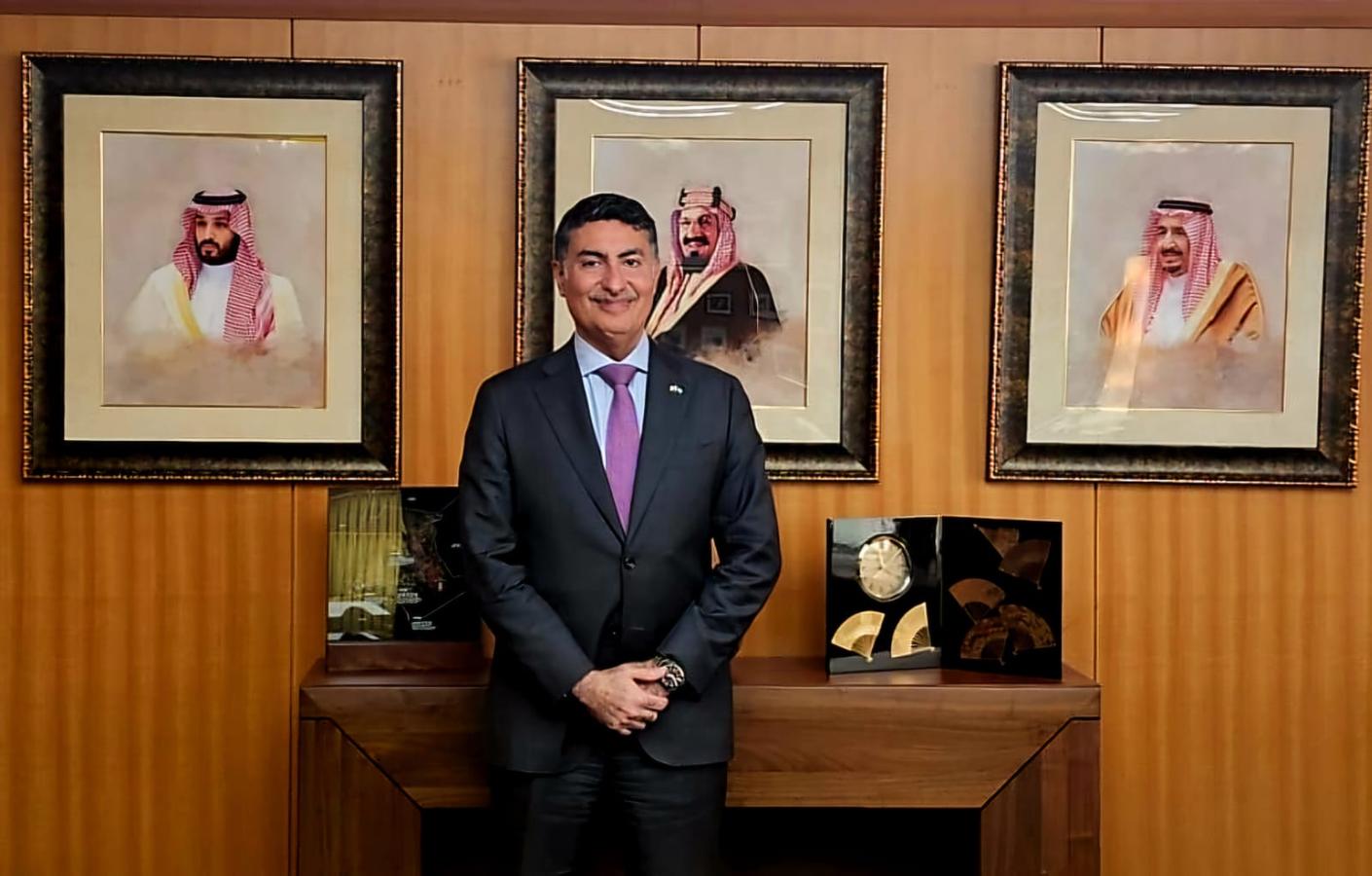
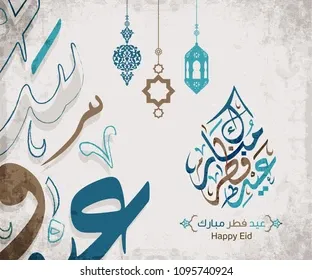
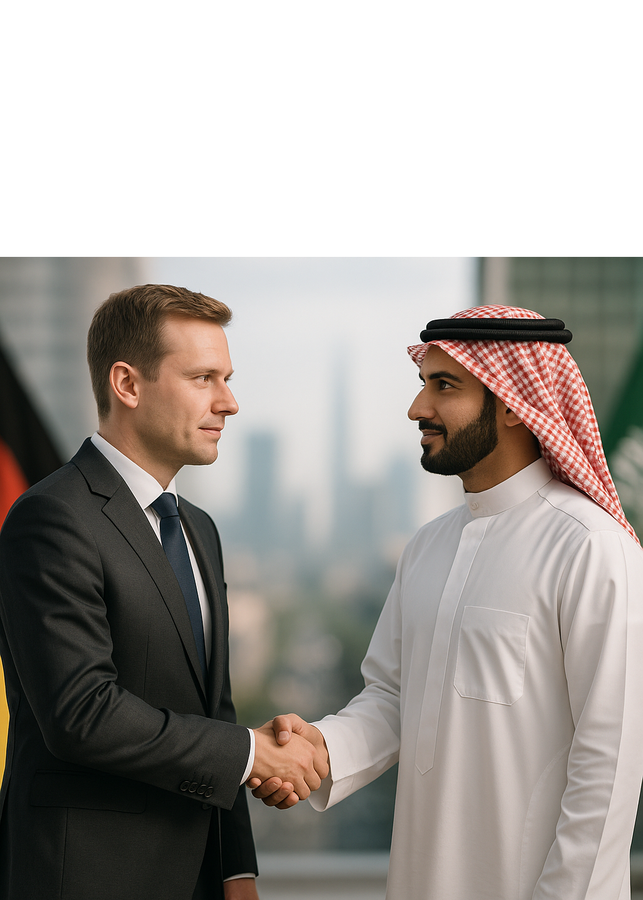
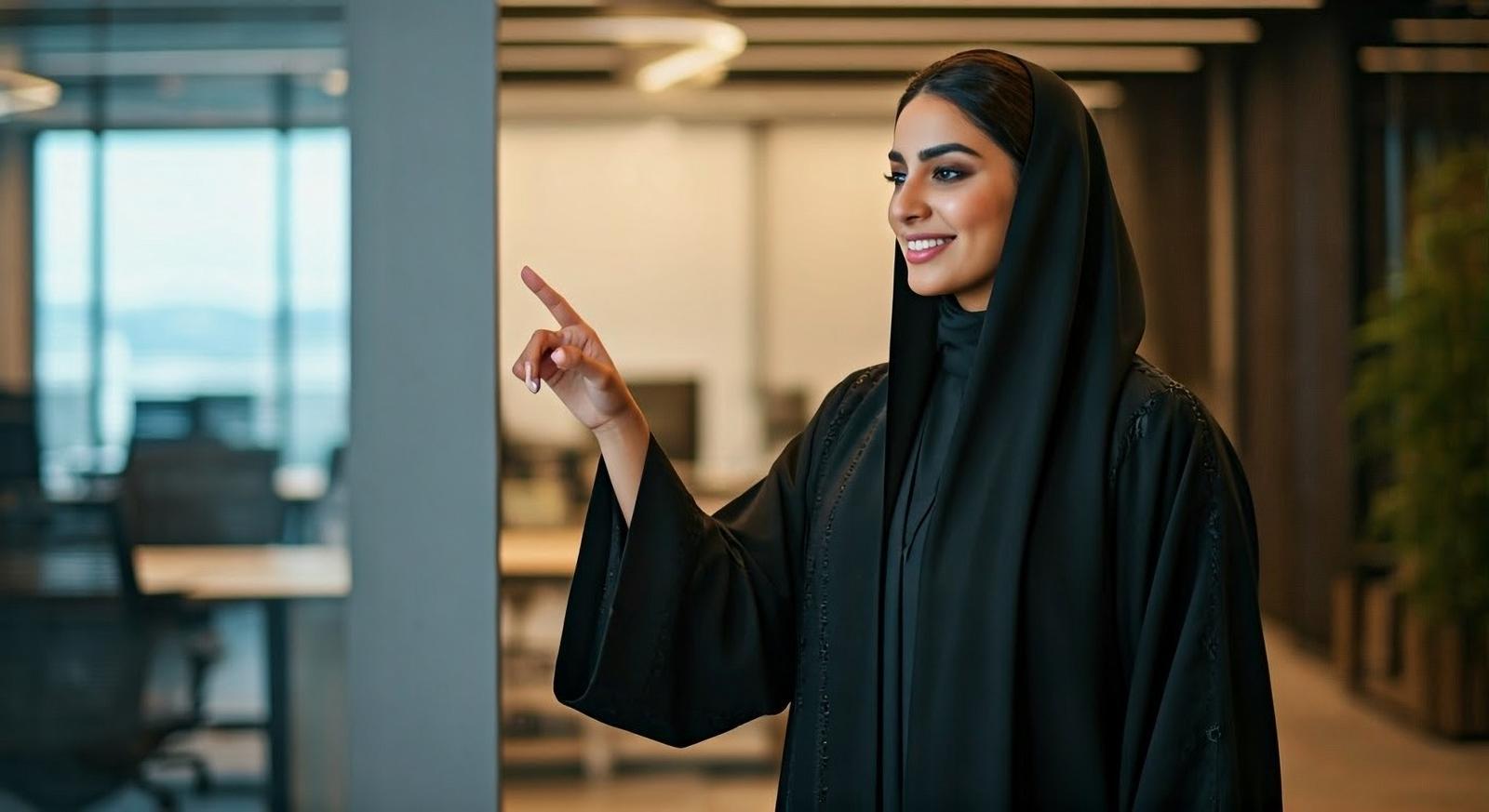
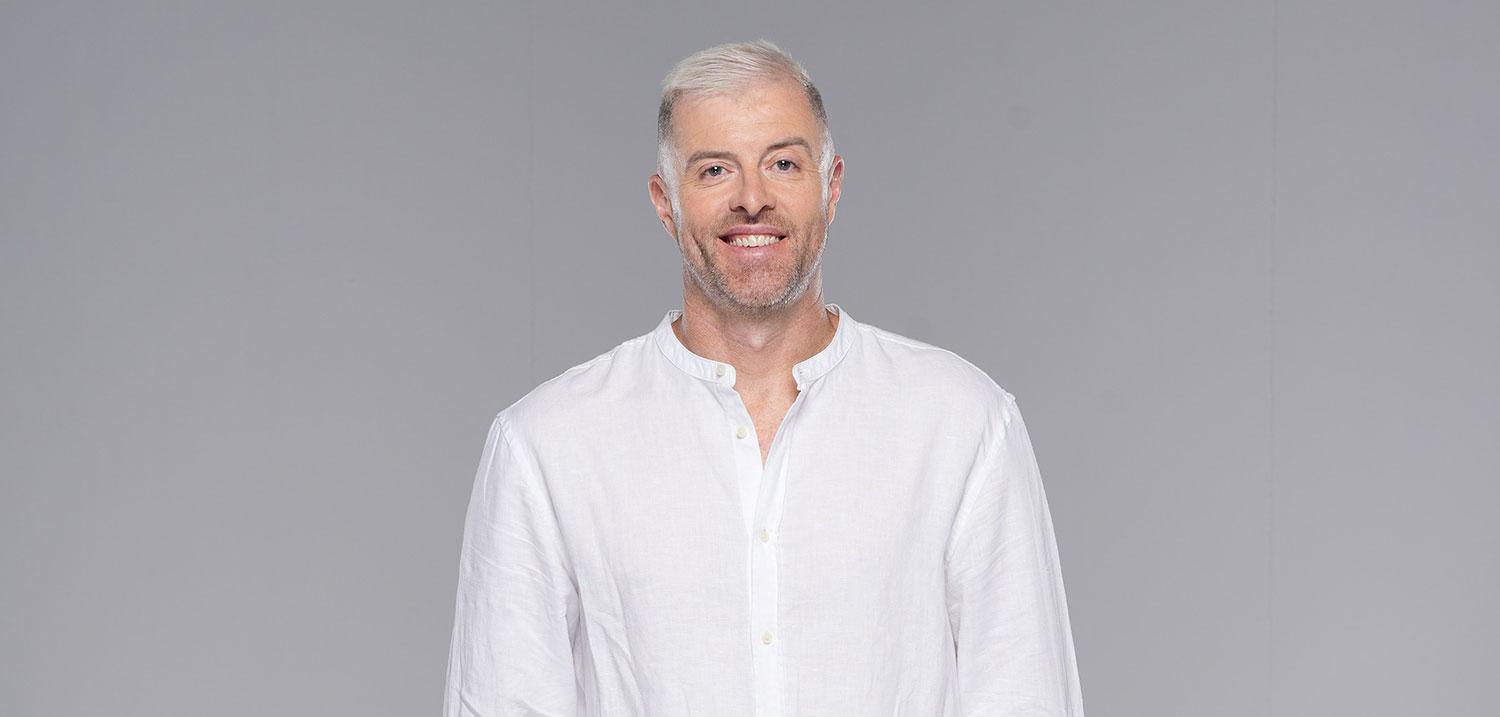


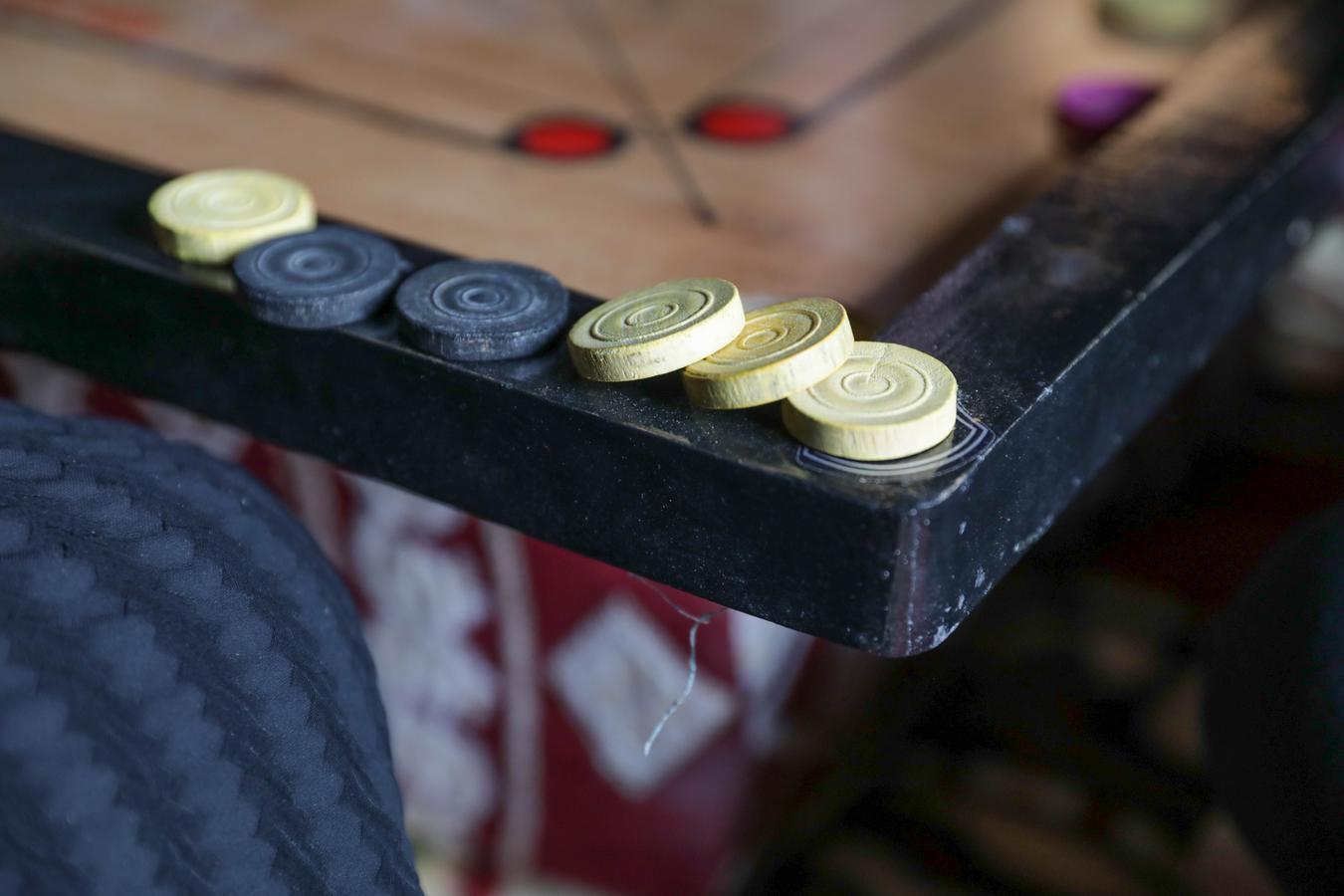
0 Comments
No comments yet. Be the first to comment!